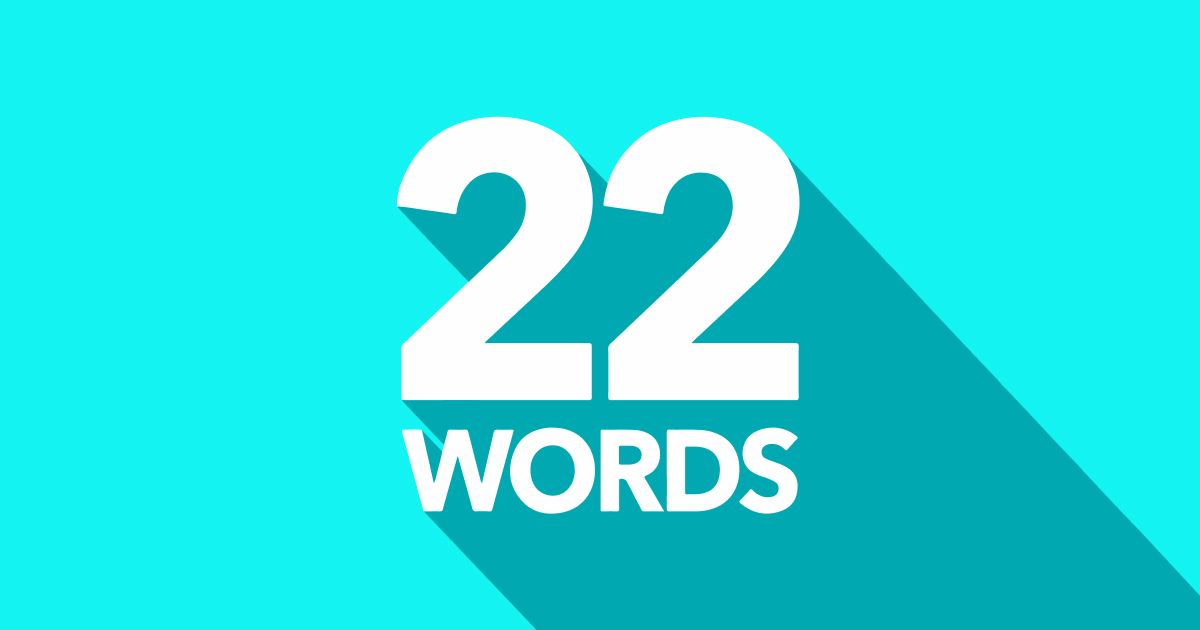Earth’s shocking second loss threat!
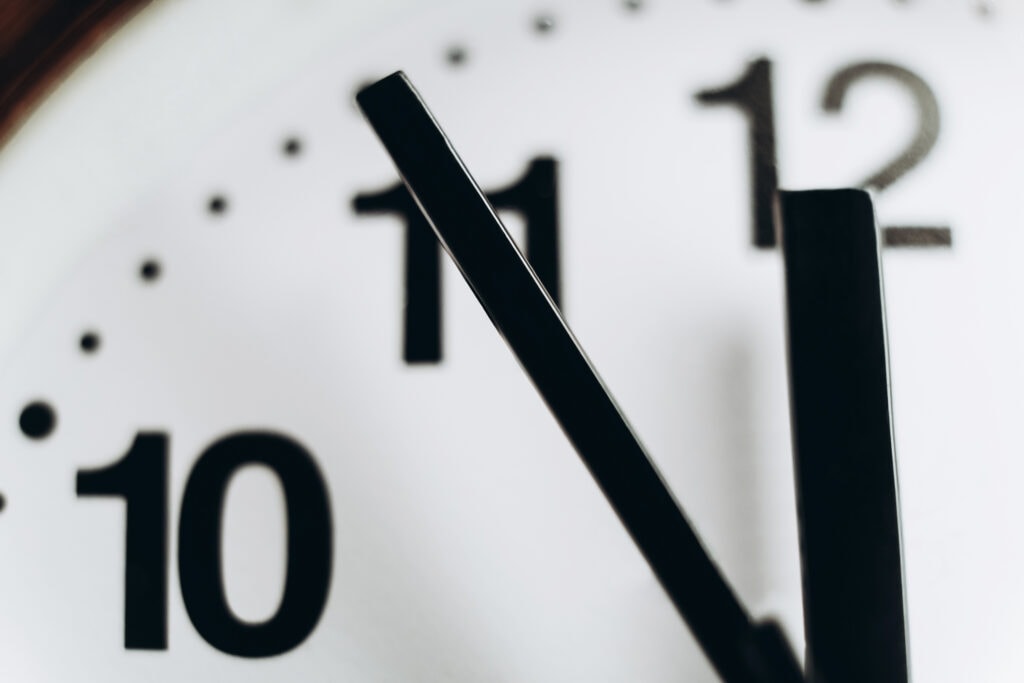
Earth could lose a second in the coming years, shaking up the very fabric of time!
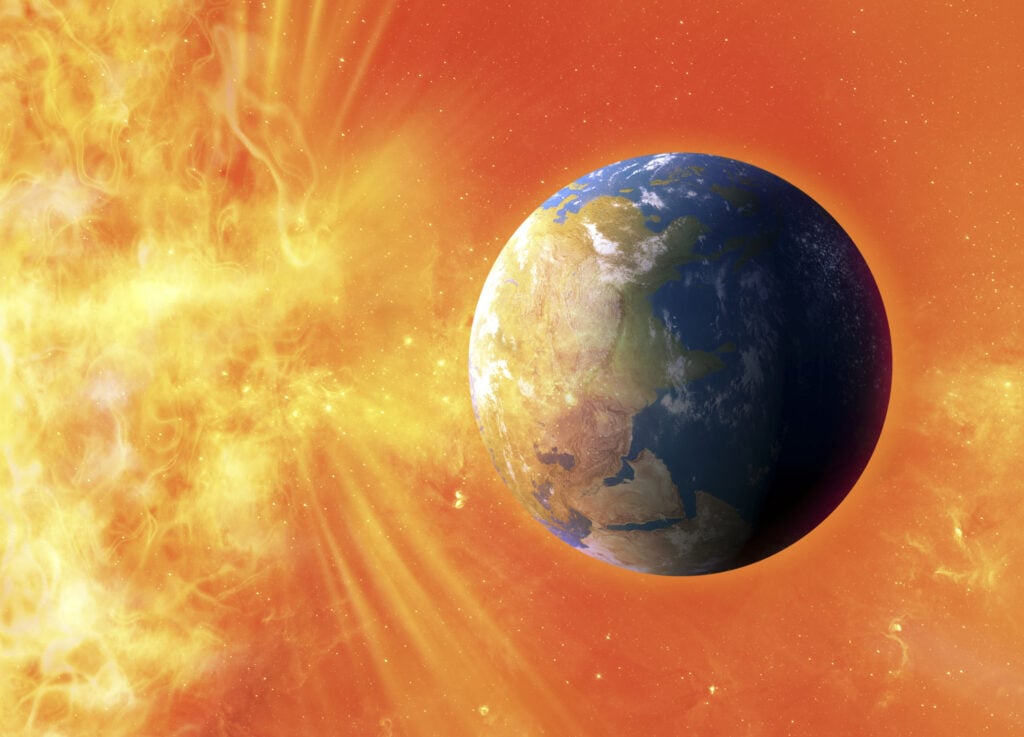
Behind this mind-bending cosmic shift lies a tale as old as time, or rather, as old as the Earth’s rotation itself.
Earth’s about to hit the cosmic fast-forward button!

Our planet, once a dependable timekeeper, finds itself caught in a whirlwind of change, quite literally.
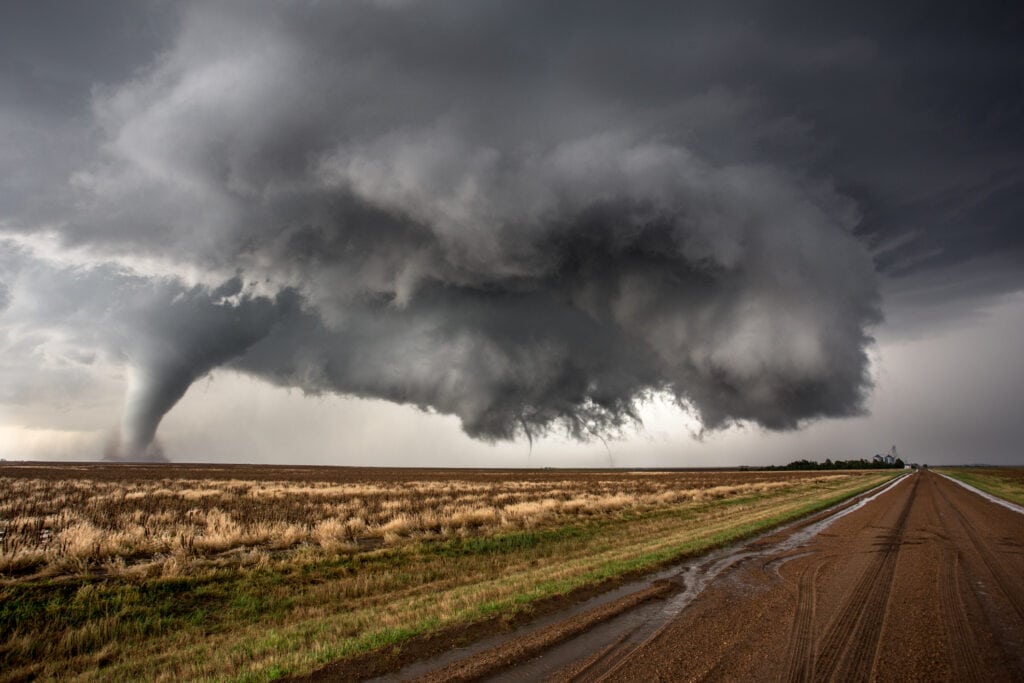
It’s often said there’s not enough in the day – but that saying might take on a whole new meaning.

It would be the first time in history – a monumental moment we’d all feel.

The planet is spinning faster than ever, pushing us towards a time-topsy-turvy scenario.

Imagine 11:59:59 vanishing into thin air, leaving us teetering on the edge of midnight!

The Earth’s core, a molten cauldron of activity, has always been a bit of a loose cannon in the cosmic sense.
The cosmic clockwork unraveled.

A study in Nature explores this mind-bending phenomenon and its repercussions.

Scientists, like Duncan Agnew and Massimo Frezzotti, have been sounding the alarm, dissecting the intricate dance of Earth’s elements.

Duncan Agnew, a geophysicist, labels it “unprecedented” and “a big deal.”

But don’t panic, it’s not a doomsday clock counting down to catastrophe.
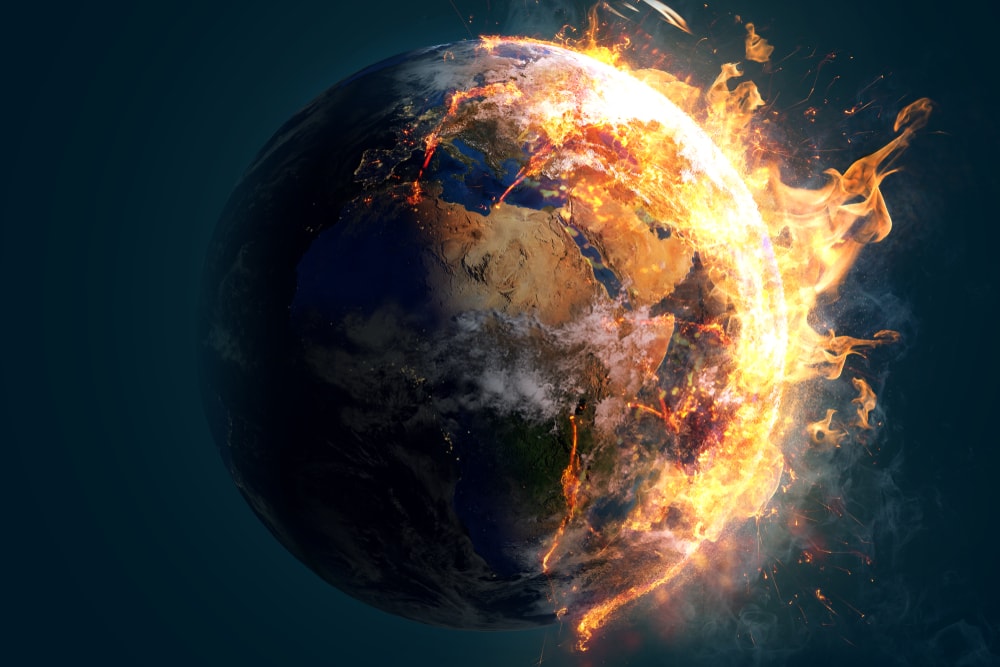
Dennis McCarthy, an expert, predicts a ‘negative leap second’ is inevitable.

The moon’s gravitational dance plays a significant role in our planetary pace.
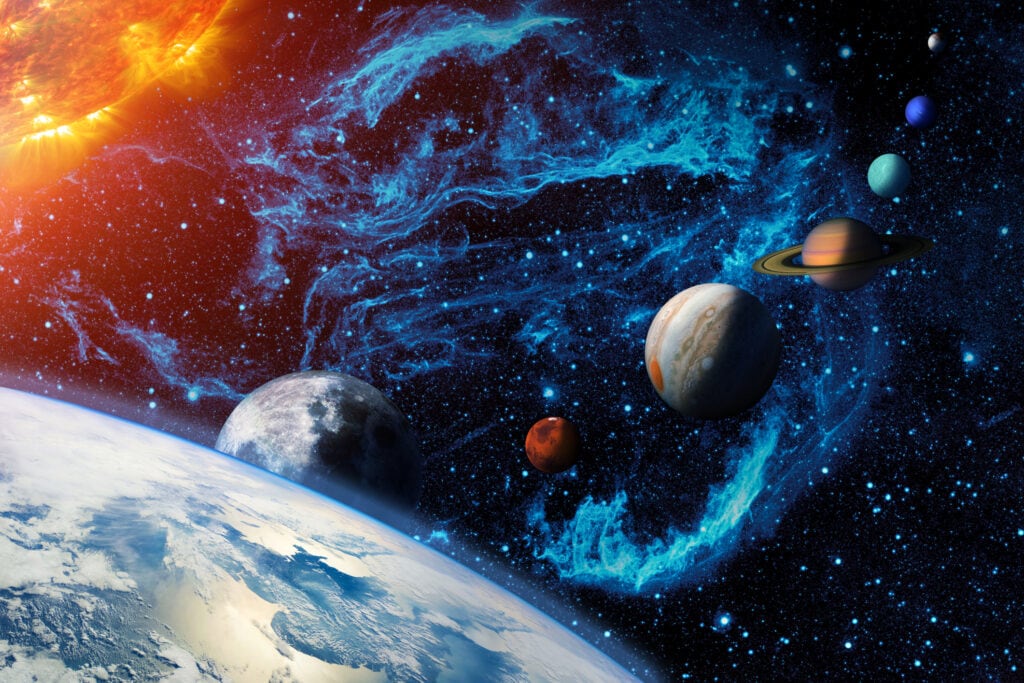
The Earth’s ‘liquid’ core is to blame for this whirlwind of change, says Agnew.
The threat of climate change looms.

But what’s different now is the added weight of human-induced climate change tipping the scales of balance.

Massimo Frezzotti, a glaciologist, highlights how glacier melt alters our world’s shape.
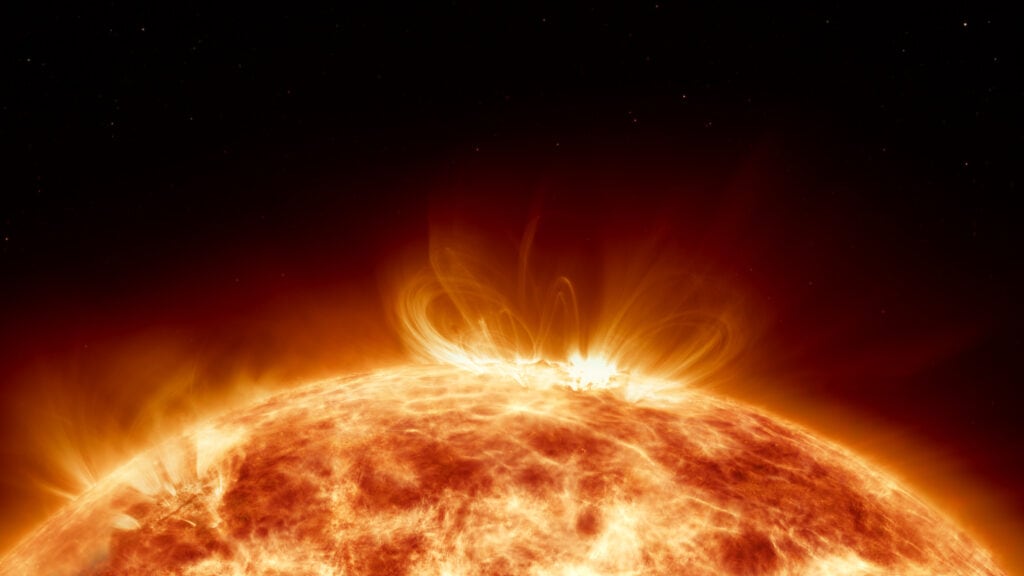
As glaciers melt at unprecedented rates, the Earth’s shape subtly shifts, throwing off its rotational rhythm.

Imagine the Earth as a spinning top wobbling on its axis, trying to maintain equilibrium amidst a shifting landscape.

Yet, melting ice at the poles has been acting as a planetary brake, slowing the spin.

This tug-of-war between natural forces and human impact has set the stage for our cosmic conundrum.

Their findings paint a picture of a planet in flux, a world where time itself is caught in the crossfire of celestial forces.

It’s a reminder of our interconnectedness with the cosmos, of how the slightest ripple in space-time can send shockwaves through our existence.

From the icy expanse of Antarctica to the bustling cities of the world, everyone will feel the effects of this cosmic hiccup.
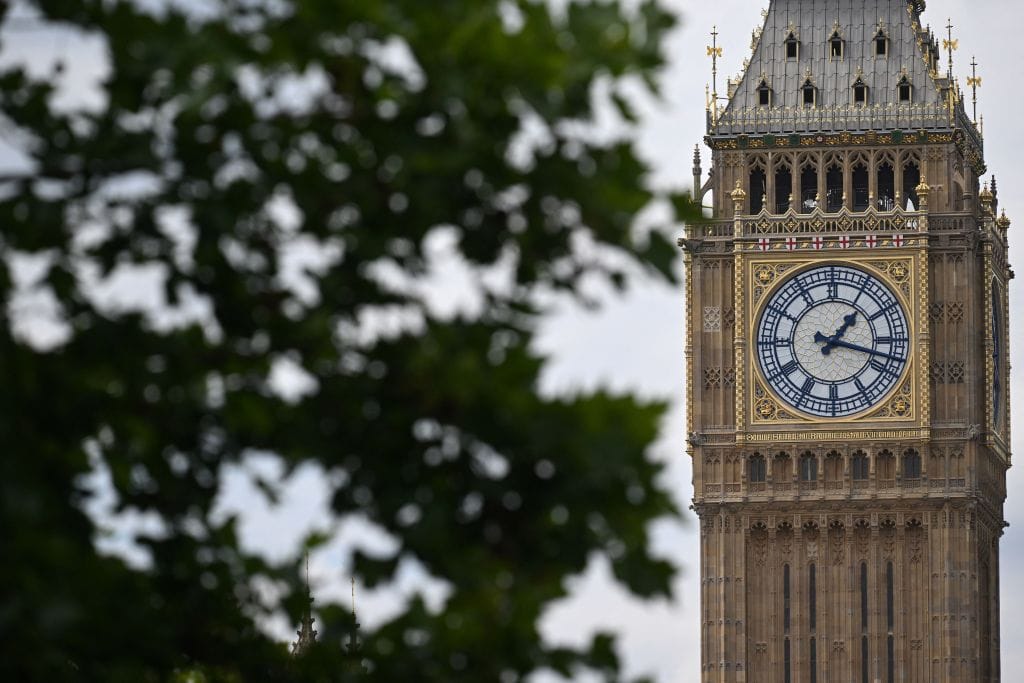
It’s not just about losing a second on our clocks; it’s about confronting the fragility of our relationship with the universe.
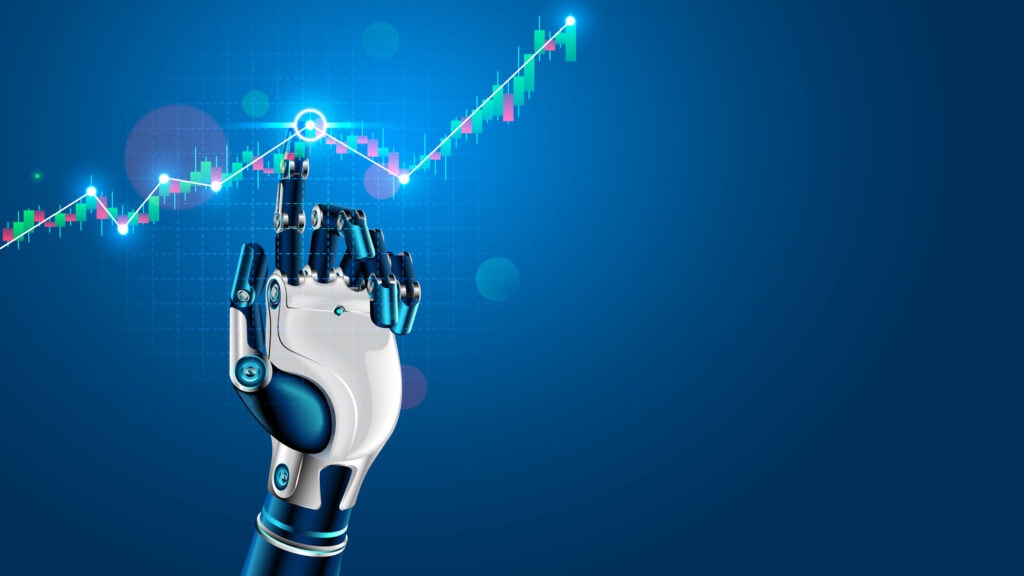
As we stand on the precipice of this temporal anomaly, one thing is certain: the only constant in life is change.
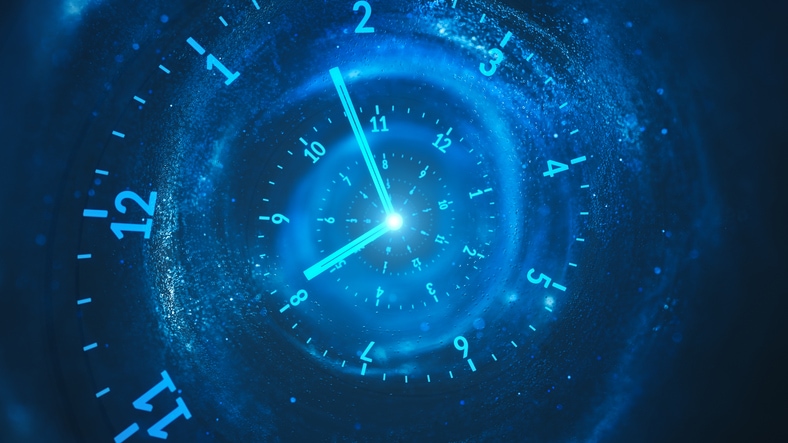
Whether we’re ready for it or not, the cosmic clock is ticking, counting down to a future where time itself may no longer be a reliable guide.

When it comes to the universe, anything is possible.

As the Earth hurtles through space, it’s not just the stars that are in motion – it’s time itself.
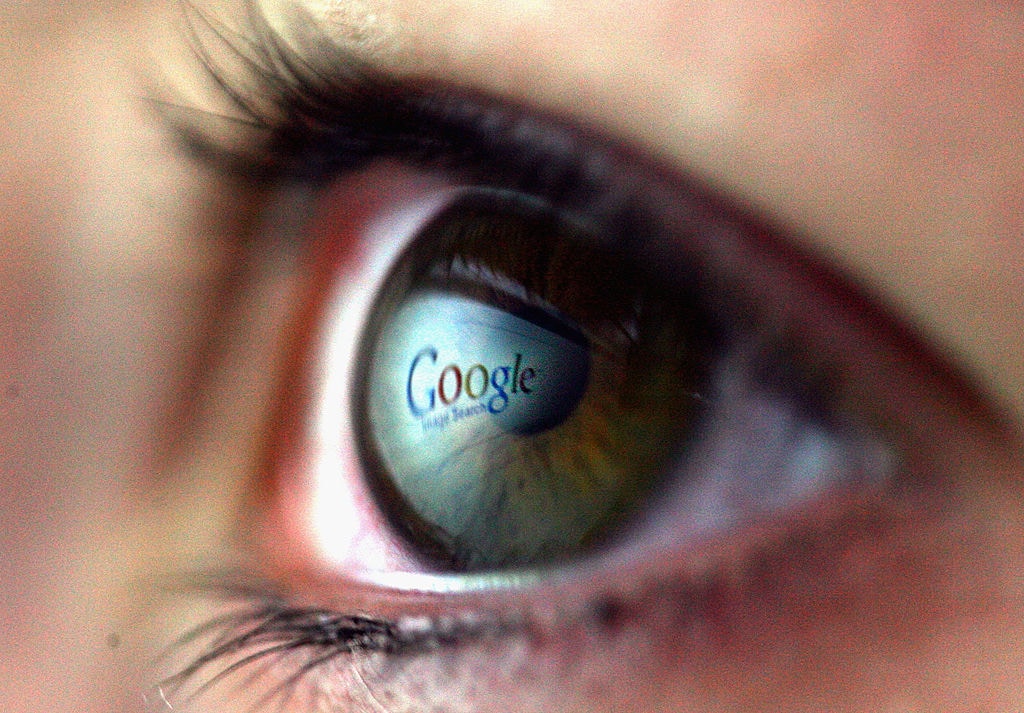
And who knows, perhaps in the blink of an eye, we’ll find ourselves on the cusp of a new era, where time bends to our will.
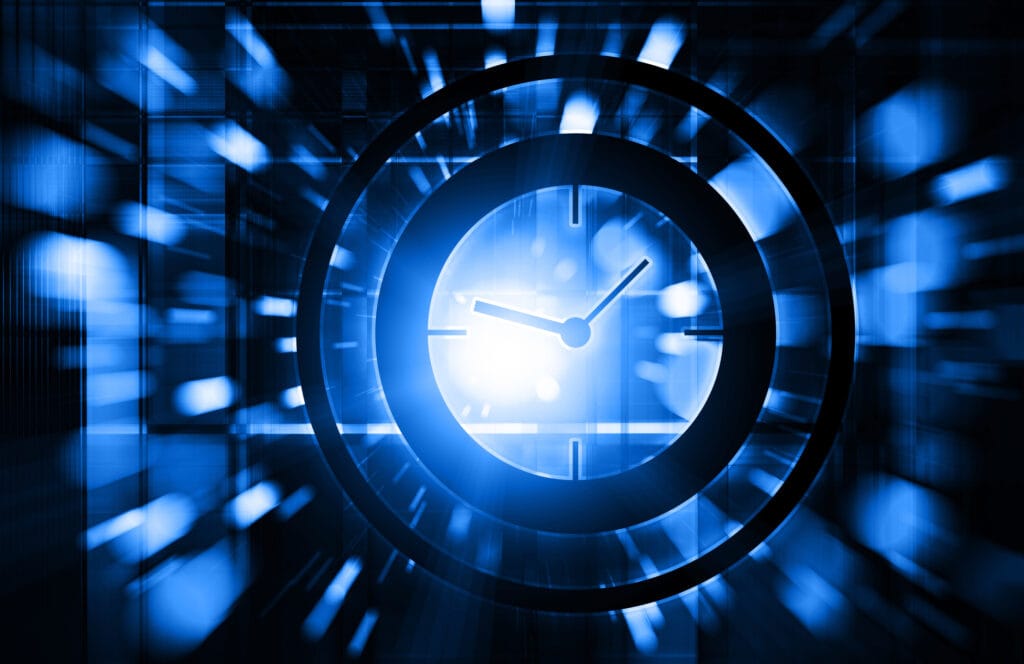
But until then, let’s savor every precious moment, for in a world where seconds are at a premium, each one is a gift.
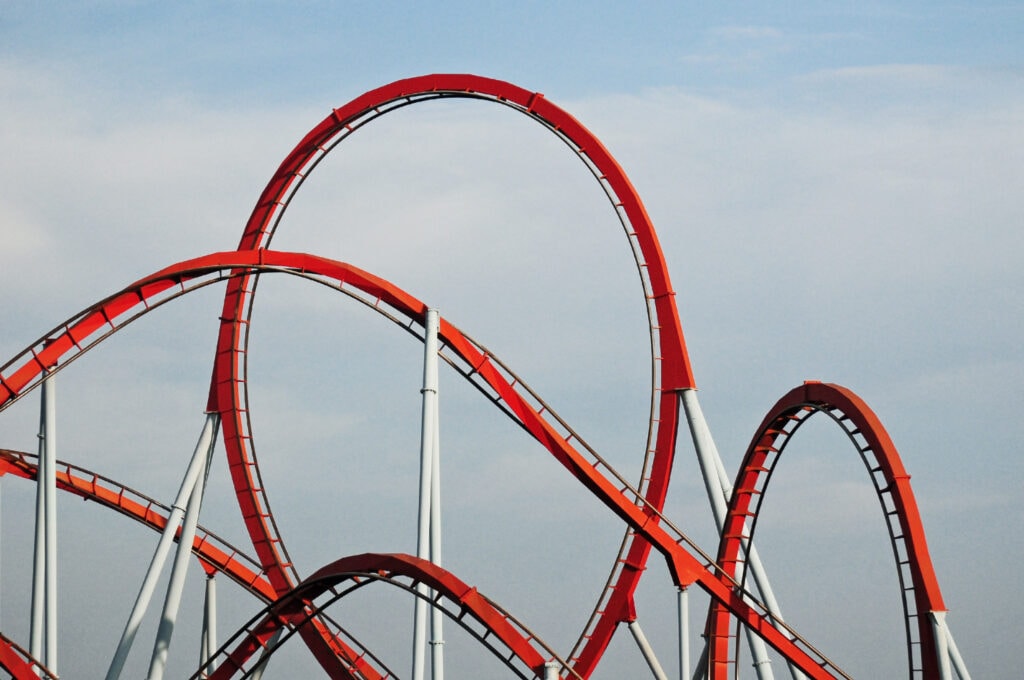
So, hold onto your hats (and your clocks) – we’re in for a wild temporal ride!
